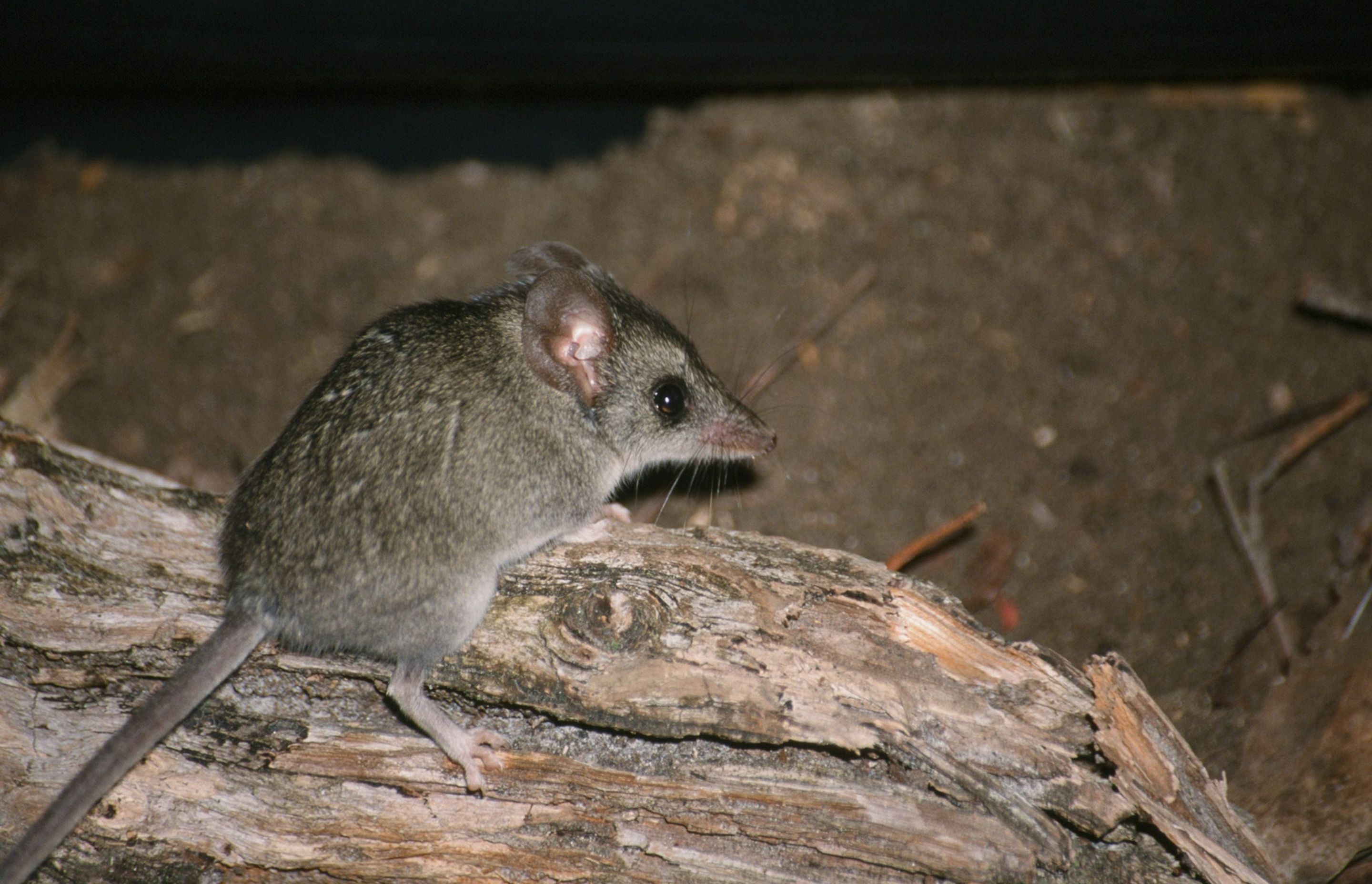Earlier this year, a search for “Nocturnal Dunnart” intended for the search field on our website was actually entered into google by mistake. Unbeknown to us, this small error would lead to an extraordinary outcome, and a partnership that we are incredibly proud of.
One of the search results that Google returned was about a conservation project for the Kangaroo Island Dunnart run by the Foundation for Australia’s Most Endangered Species Ltd (FAME). Where our initial search was intended to find a datasheet for a light fitting, instead what we found was an education about the Dunnart, its conservation status, and the efforts FAME are putting in to ensure its survival in its natural habitat.
Upon learning that this remarkably cute little critter was endangered, we felt it was our responsibility to contribute to the conservation of the animals after which two of Nocturnal Lighting’s fittings are named, the Quoll and the Dunnart.
Our Pledge
As a relatively new business, we’re proud to be known as one that supports ethical and sustainable pursuits, and one who strives to reduce our impact on the earth. We feel it is our responsibility to be mindful of the impact of all aspects of the work we do, and to make decisions based on reducing this impact so that we, and our children, and their children may enjoy the richness and biodiversity of the natural world for generations to come.
We’re proud to announce that we have pledged to donate 10% of the profits from sales of all variants of all Quoll and Dunnart fittings sold in the next 6 months to the corresponding FAME projects. Nocturnal Lighting have also agreed to match this contribution, doubling our pledge to FAME and their conservation projects. As well as this financial contribution, we are happy to be spreading the good word about FAME and the wonderful work they do protecting those species that need our help most.
About FAME and their projects
As FAME state, all life is fragile, none more so than in Australia. In Australia, we have an exceptionally high number of species that can only be found here. What’s more, the diversity or range of species is greater here in Australia than in many parts of the world. Because of this, in 1993 the Foundation for Australia’s Most Endangered Species Ltd (FAME) was created to support projects aimed at restoring and protecting native species, and in turn, protecting biodiversity as a whole.
FAME is one of the few organisations dedicated to helping Australian species most at risk of extinction. They seek to fund on-ground conservation outcomes with a focus on seed funding and innovation.
FAME believes that a partnership approach is the best way to save endangered species. FAME works with like-minded organisations, governments, wildlife authorities and private landowners on projects that increase the likelihood of survival of one or more endangered species.
The Western Quoll
The Western Quoll (Dasyurus geoffroii) is one of Australia’s largest remaining native predators and has been extinct in arid Australia for over 100 years. Quolls are nocturnal and have a pouch just like kangaroos, koalas and other Australian marsupials.
In 2014, as part of a joint project between FAME and the Government of South Australia, 37 Western Quolls were released to see if the species could survive in the Ikara-Flinders Ranges in South Australia. Fortunately, the species has flourished in its former home and further releases in 2015 and 2016 have strengthened the population.
With the project ongoing, in March 2021, camera-based monitoring and trapping indicated that the population is continuing to show resilience by considerably expanding their territory and despite drought, the population is now estimated at over 300.
For the first time in living memory, the Adnyamathanha people are able to see the animal that is one of their totems and mentioned in dreaming stories thriving in the wild.
Following on from the successful reintroduction into the Ikara-Flinders Ranges, FAME is now supporting the expansion of the Western Quoll population by reintroducing the species, along with the Red-tailed Phascogale, into the Vulkathunha-Gammon Ranges National Park.
Find out more about this project here.
The Kangaroo Island Dunnart
The Kangaroo Island Dunnart (Sminthopsis aitkeni) is a tiny, mouse-size marsupial smaller than your hand and weighing less than an AA battery. With a primary diet of insects, the dunnart plays an important role in balancing its environment. Found only on Kangaroo Island, South Australia, it is the rarest of the 19 species of dunnarts.
FAME’s long-term partnership with Kangaroo Island Land for Wildlife (KILfW) has been working to survey and protect this species for a number of years, beginning with a search for existing populations and continuing with revegetation, invasive species management and habitat surveys after the devastation the 2020 bushfires had on the Island.
Camera trap surveys, although few and far between, have confirmed that a small population still exists, against all odds.
In addition to the surveys, FAME’s on-ground partners work directly with private-property owners to continue best practices for reducing the spread of the invasive Phytophthora cinnamomi – a microscopic plant pathogen that causes ‘root rot’ and plant dieback, further damaging the already-reduced habitat available to the dunnart.
Find out more about this project here.

Our commitment to sustainability and mindful manufacturing
Aside from contributing to projects like these, we also take steps to reduce our impact on the natural world as much as possible. We recognise that as a business that sells manufactured goods, there is an unavoidable consumption of energy and resources. However, where possible, we and Nocturnal make decisions that favour sustainability.
This is what we are calling our Commitment to Mindful Manufacturing, which includes:
- The use of recyclable packing
- Manufacturing products locally
- Using locally sourced materials wherever possible
- Accepting Nocturnal products back at end of life, so they may be recycled or refurbished into brand new products
- Using Solar energy – Nocturnal’s Newcastle factory is run almost entirely on solar energy with the aim to be 100% solar soon.
- Offering products that are powered by solar energy. One of our other brands, Photinus, makes products that are 100% powered by the sun.
How can you help support these projects?
- The simplest way you can help us to pursue this cause is simply to continue specifying and ordering fittings from the Dunnart and Quoll ranges. In doing so you allow us to maximise how much we contribute to FAME over the next 6 months.
- Go to FAME’s website and read about their efforts. The more people know about these endangered species, and what can be done to help them, the better!
- If you’re feeling particularly inspired, you can also support FAME’s projects directly. You can become a member, donate, or even bequest them something from your will (if you’d rather pass on the money once you can’t do anything with it anymore). Find out more about these options here.






